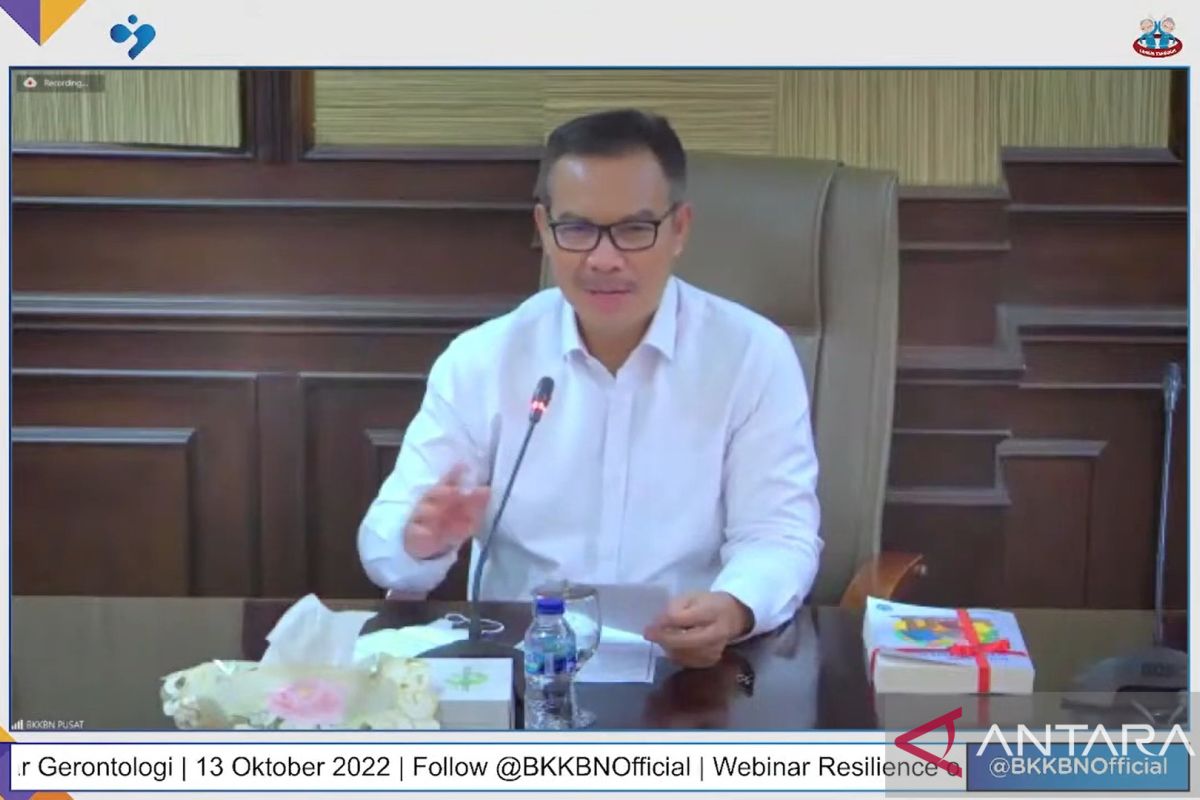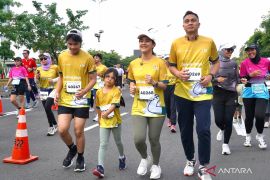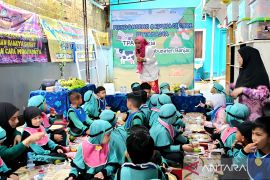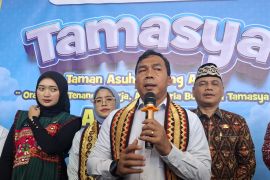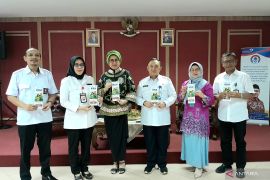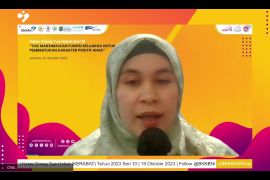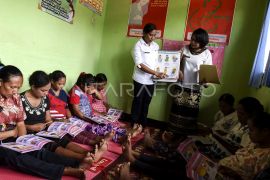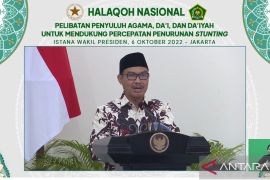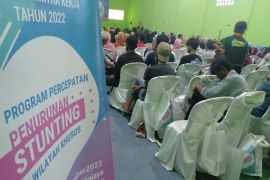The strategy of collecting data from relevant ministries and institutions along with existing data from the BKKBN aimed to sort out the data for Statistics Indonesia (BPS) in priority areasJakarta (ANTARA) - The National Population and Family Planning Agency (BKKBN) stated that data integration conducted by all ministries and agencies was a form of the government's seriousness in eradicating extreme poverty in the elderly.
"The strategy of collecting data from relevant ministries and institutions along with existing data from the BKKBN aimed to sort out the data for Statistics Indonesia (BPS) in priority areas," Head of BKKBN Hasto Wardoyo stated during the "Resilience of Older Persons in a Changing World" webinar here, Thursday.
He affirmed that the government was currently integrating all data to determine which areas will be the priority for alleviating extreme poverty.
In this case, the BKKBN data, which had been compiled into the 2021 Family Data Collection (PK21), will be integrated with other data from several ministries, such as the Ministry of Social Affairs, Coordinating Ministry for Human Development and Culture, Vice President Secretariat Office (Setwapres), and the Ministry of Villages, Development of Disadvantaged Regions, and Transmigration, Wardoyo stated.
Related news: BKKBN plans two model quality family villages in West Papua
With more accurate data collection results, it is hoped that the government would be able to reduce poverty among the elderly group according to their name and location since the condition of the Indonesian elderly is still a matter of concern.
Wardoyo cited the BKKBN data that Indonesia will be facing an aging population by around 2030, with a projection that nearly 10 percent of the total population will be aged 60 years and over.
The population transition is dangerous, as several elderly in Indonesia have low education and suffer from poor economic conditions, with some of them ailing from several diseases.
By alleviating poverty based on data, Wardoyo is optimistic that the interventions provided can be right on target to achieve a prosperous, resilient, independent, and productive elderly populace for themselves and their environment.
“The elderly population is getting bigger in line with their contribution to extreme poverty. If they are not productive, it is feared that they will impede the achievement of the demographic bonus because the older we get, the bigger our demographic is for women," Wardoyo pointed out.
Related news: Iron supplement intake among teenage girls still low: BKKBN
He also noted that data integration and compilation were conducted in the form of ranking the severity of poverty in the regions that were divided into several decile categories. The government will again break down each of these decile categories into the smallest units.
"Extreme poverty alleviation will be affordable if the persons and their location are clear. Therefore, it will be right on target," he noted.
Wardoyo remarked that sorting out the priority areas for extreme poverty eradication is still in the discussion phase with the coordinating minister for economy affairs to create more detailed strategies according to the ranks of severity.
“In this case, the BKKBN has a position as the data backbone. The 2020-2021 family data collection, which is continuously updated through the 2022 data update, will be the basis together with the TNP2K data in the Setwapres and the Coordinating Ministry for Human Development and Culture," he stated.
Related news: Tolerance in family vital in avoiding domestic violence: BKKBN
Related news: Father as pillar to protect family's health, well-being: BKKBN
Translator: Hreeloita Dharma S, Resinta S
Editor: Fardah Assegaf
Copyright © ANTARA 2022
